In addition to Andrew's part-time job and the pressures associated with college application, he has taken on a full-plate at school with relative ease. But he was quick to point out that this next week includes his performance (as the coachman), in the Emanon Players, (the drama club's), adaptation of Stephen Sondheim's, "INTO THE WOODS."
Another part of Andrew's hectic schedule includes next week's visit to a neighborhood elementary school, (he and his school talent show, award-winning super-hero rappers, have been invited to reprise their positive message performance, complete with a meet-n-greet with students). Andrew then caps his frantic agenda as a contestant in his school's highly coveted, "Mr. Absegami Competition."
 |
| THE MR. ABSEGAMI COMPETITION HAS SEVERAL PHASES THAT INCLUDE; DANCING, CASUAL DRESSED TALENT, AN INTERVIEW SESSION IN A TUXEDO, AND SOME BEEFCAKE IN SWIMSUITS. |
In regard to this weekend, Andrew was quick to remind me that the seniors in drama were disappointed in the director's choice of, "INTO THE WOODS," because despite it being a lengthy production, there were few major roles, (plus a generous amount of those cherished parts went to underclassmen). This prevented many of these dedicated senior thespians, from having a last theatrical hurrah. Interestingly, the moral of "Into the Woods," is, repercussions and responsibility for our actions. So a couple of kids (not Andrew) have gotten permission to write their own play, to be performed later this spring. Thus, leaving a mark forever on the Absegami landscape while showcasing the talents of many out-going graduates.
I think that this, "finding a way mentality," is amazing. While most of us would complain or endure the setback, these budding playwrights took the pro-active approach. Their never-say-die mindset reminded me of two aspects from John Steinbeck's great American novel (and the movie), "THE GRAPES OF WRATH."
The "Grapes of Wrath," was a metaphor for how our whole country was effected by the Great Depression but epitomized by the plight of the Dust-Bowl Okies, (see my January 12, 2009 blog, "THE BLACK BLIZZARD.")
The perseverance of Andrew's play writing friends, reminds me of the central theme of, "THE GRAPES OF WRATH..." the will to go on. In chapter two, Steinbeck identified this stick-tuitive trait of the Okies, in the form of a land turtle, (oddly, this crucial point does not appear in the film).
The other message I equate between "THE GRAPES OF WRATH," and Andrew's friends writing their own play, is the concept of, "the circle of life." Steinbeck embodied this idea in the form of the Joad's eldest (teenage) daughter, Rose of Sharon, (the family simplified her name by calling her Rosasharn).
*SPOILER ALERT* I will NOT be giving away the end of the book...but I get pretty damned close.
Considering that Rosasharn is pregnant, it's hard to believe that she's the most unlikeable character in the Joad clan. In the midst of her team-like family being forced off their land and moving to California, she remained impatient and "inflated" by her self-importance. In the mode of a drama queen, rather than carry her own weight, even as her family's travails worsened, her high-maintenance personality hindered the group, (physically and mentally), so that they would serve her. This attitude is exemplified by her husband running off during their journey.
 |
| THE ROSE OF SHARON, IN ADDITION TO BEING THE NATIONAL FLOWER OF SOUTH KOREA, IS APTLY NICKNAMED, "THE IMMORTAL FLOWER." |
Shockingly, due to the mores of the time and the fear that taboo subject matter would hurt the film's commercial viability, the heroic nature of Rosasharn, is not mentioned in the movie. Part of this rationale was to end the movie on a high note. But the reality of the tragedy that sparked the last sequence, while perhaps unsettling, results in an intensely upbeat and hopeful conclusion. To support my opinion, her skewed fertility parallels the turtle theme, included the notion that the Depression-era migrant workers shouldn't be abandoned by society and in the case of Andrew's playwright friends avoiding senior-itis, to leave a legacy of well-spent charity, good will and ultimate triumph.
"All right?" "S'awright!"

















































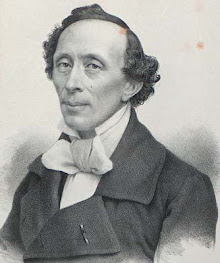


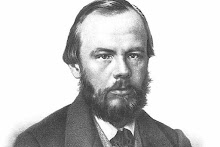



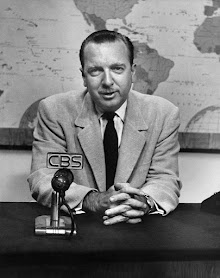









































































































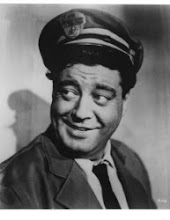































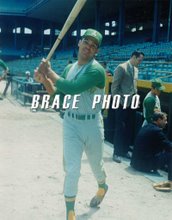




No comments:
Post a Comment